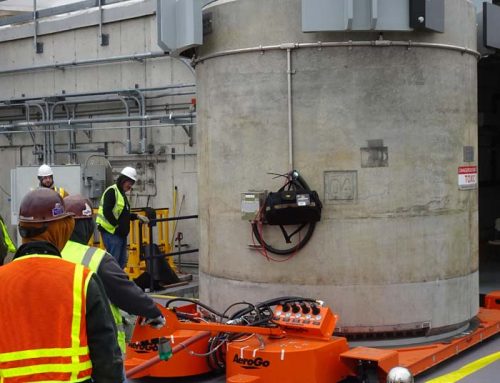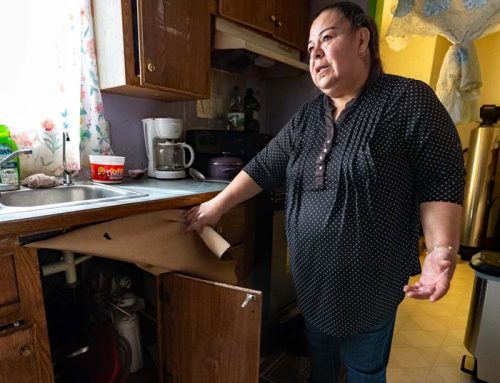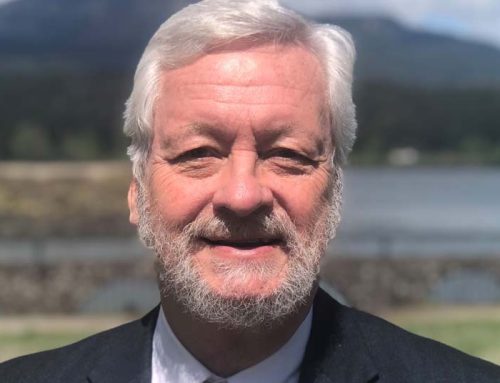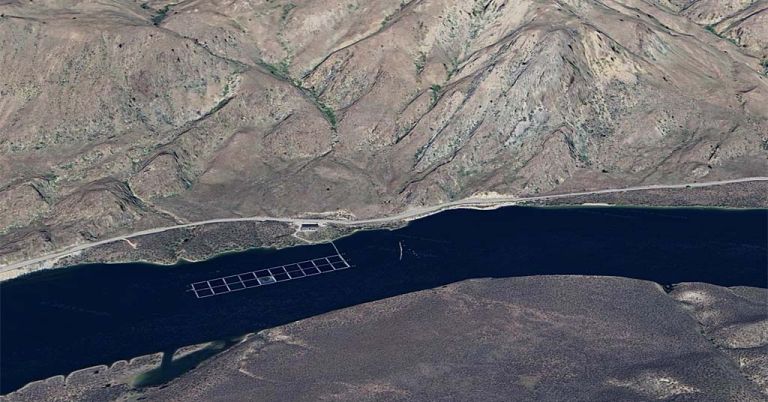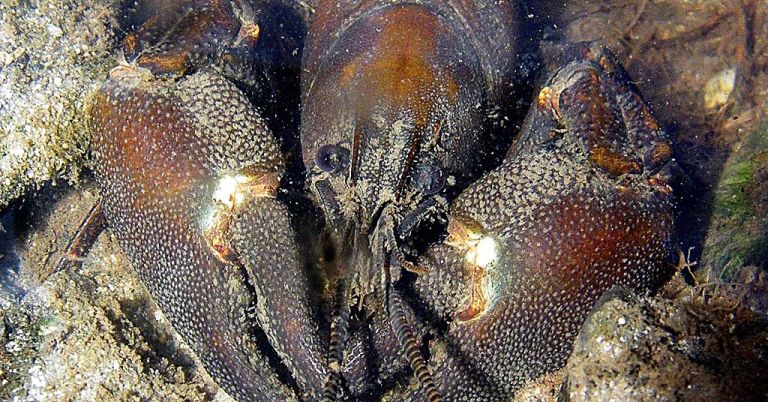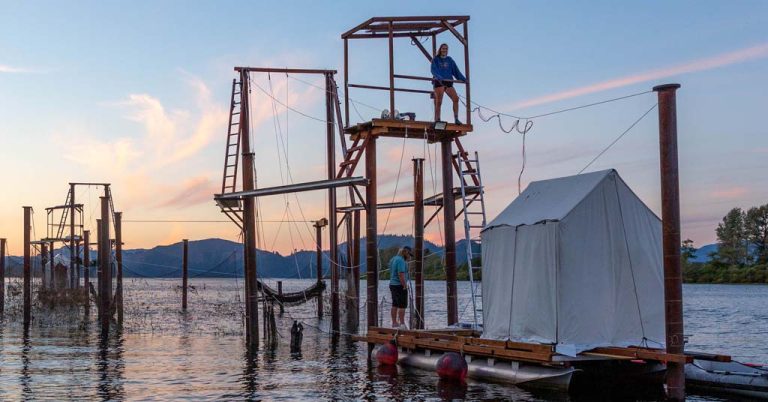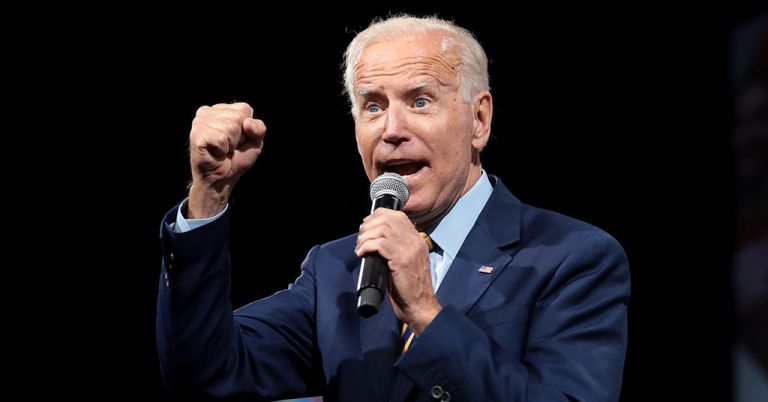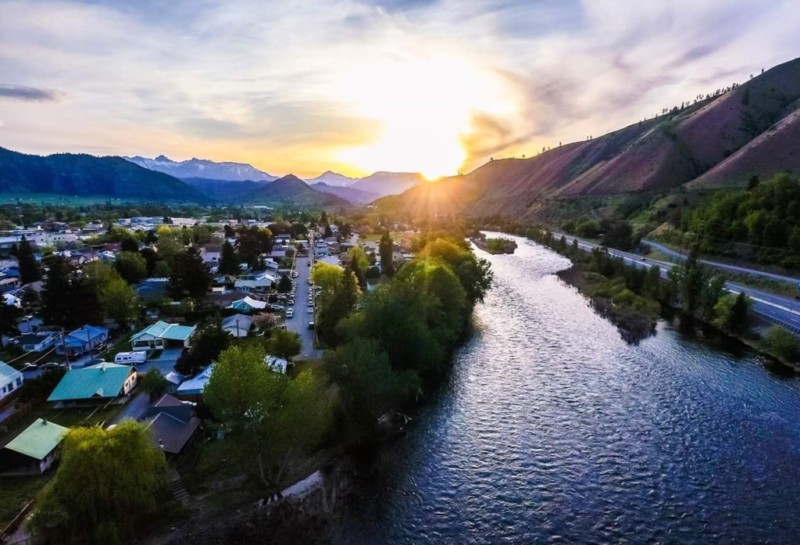
Photo courtesy of City of Cashmere
By Dac Collins. Jan. 9, 2020. On Jan. 7, Columbia Riverkeeper reached a court-approved settlement agreement with Crunch Pak, LLC that will address water pollution flowing into the Wenatchee River and will help improve water quality throughout the Columbia River Basin.
Crunch Pak owns and operates a fruit processing facility in Cashmere, Wash. and the facility has a permit with the Washington Dept. of Ecology to discharge industrial stormwater runoff into the nearby Wenatchee. But according to Simone Anter, an associate attorney with Riverkeeper, Crunch Pak has violated that permit repeatedly over the past five years by discharging unhealthy levels of copper, zinc and increased turbidity into the river — all of which can have adverse effects on threatened salmon stocks and local residents alike. She says the facility also failed to collect and analyze samples of the industrial runoff, thereby violating state and federal requirements and undermining regulators’ ability to hold the company accountable.
In light of these repeated violations, Riverkeeper moved to sue Crunch Pak on October 4, 2018. In December of that year, the watchdog group filed a complaint under section 505 of the Clean Water Act, and the two parties eventually reached the settlement agreement that was announced just yesterday.
As part of that agreement, Crunch Pak will pay $150,000 to the Rose Foundation for Communities and Environment. Those funds will go toward projects to improve water quality throughout the Basin — both on the Wenatchee and on some of the Columbia’s other major tributaries such as the Entiat, Chelan, Methow and Okanogan Rivers.
The food processing plant will also need to address the shortcomings in its stormwater pollution prevention plan.
“Under our court-approved agreement,” Anter explains, “they have around 90 days to revise their pollution prevention plan to include various upgrades to their stormwater filtration processes.”
“They will also have additional obligations to forward Riverkeeper their monitoring and reporting data for the next three years so that we can have an oversight role and really ensure that they are meeting the permit requirements,” she says.
Crunch Pak did not respond to requests for comment, but according to court documents, they “have [already] invested significant efforts and resources” in order to hold up their end of the bargain. The company recently brought in engineering consultants to reroute the stormwater, design an onsite infiltration pond and install advanced stormwater treatment systems.
“This agreement is a win for clean water,” Anter says. “We are holding industrial polluters accountable for releasing toxic water pollution, and the settlement will reduce harmful pollution and fund really important work to improve salmon habitat and water quality in the Columbia River Basin.”


